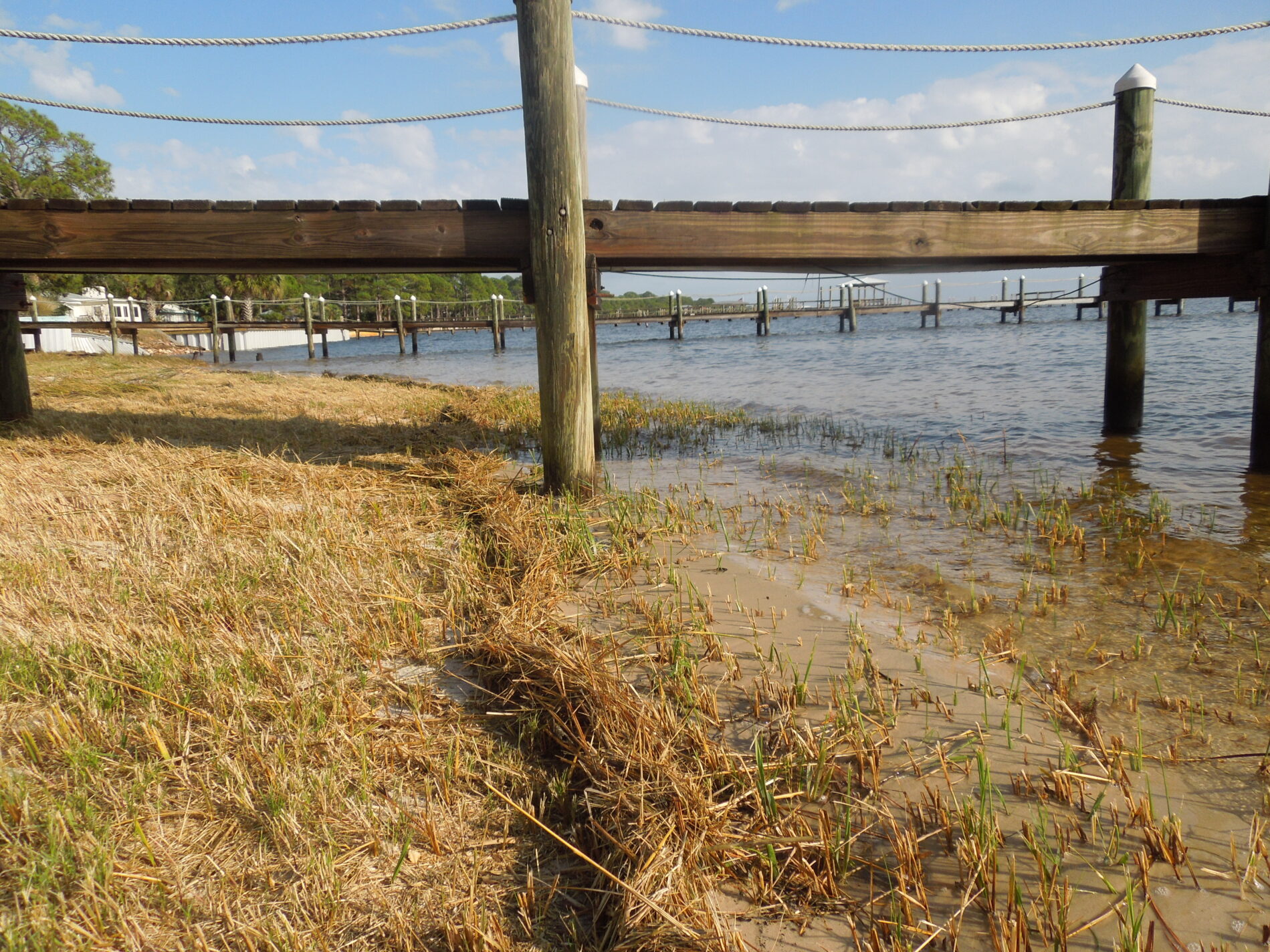David knows that he is a sinner and he accepts that God knows it too (5). He learned this when Nathan, the prophet revealed his sin with Bathsheba and the murder of her husband, Uriah in the presence of the royal court. Whether David had this, or another specific sin in mind, or is thinking of his sinful nature in general, is not clear. What is understood is that David accepts that he does not have a special claim to have access to God and an answer to his request because his is a sinner. He is aware that God is not indebted to him. Rather, he is indebted to God.
David’s thought moves from his sinful nature to the disgrace that he has brought to those who have faith in the Lord Almighty (6). Many influential pastors’ and evangelists’ sins and hypocrisy have been publicly exposed in my generation. These once proud men and women brought shame and disgrace to many believes more than perhaps, they have been willing to accept. David asks God that his sin not become a stench to the wicked’s fuel against the faithful. A prayer that will be a miracle to answer, for once he sinned the wicked’s hearts immediately raged and rejoiced. The deed was already done.
David’s prayer for his fellow believes was sincere for he knew what they would endure. He lists them in verses 7-9. The Apostles John cites verse 9 when Jesus cleared the money changes and animal sellers out of the temple. These acts of righteousness enraged the religious leaders who permitted them to make money. Jesus, his disciples, and his family were insulted by the religious leaders.
The message to consider here is that my actions will affect others. Whether unrighteous or righteous actions, the wicked will find reasons to persecute and shame me and others who believe in Jesus and know me. Whether living by faith in Jesus or not, decision have effect. However, be sure that the decisions made in zeal for Jesus’ house is righteous. Jesus’ house is his people.


